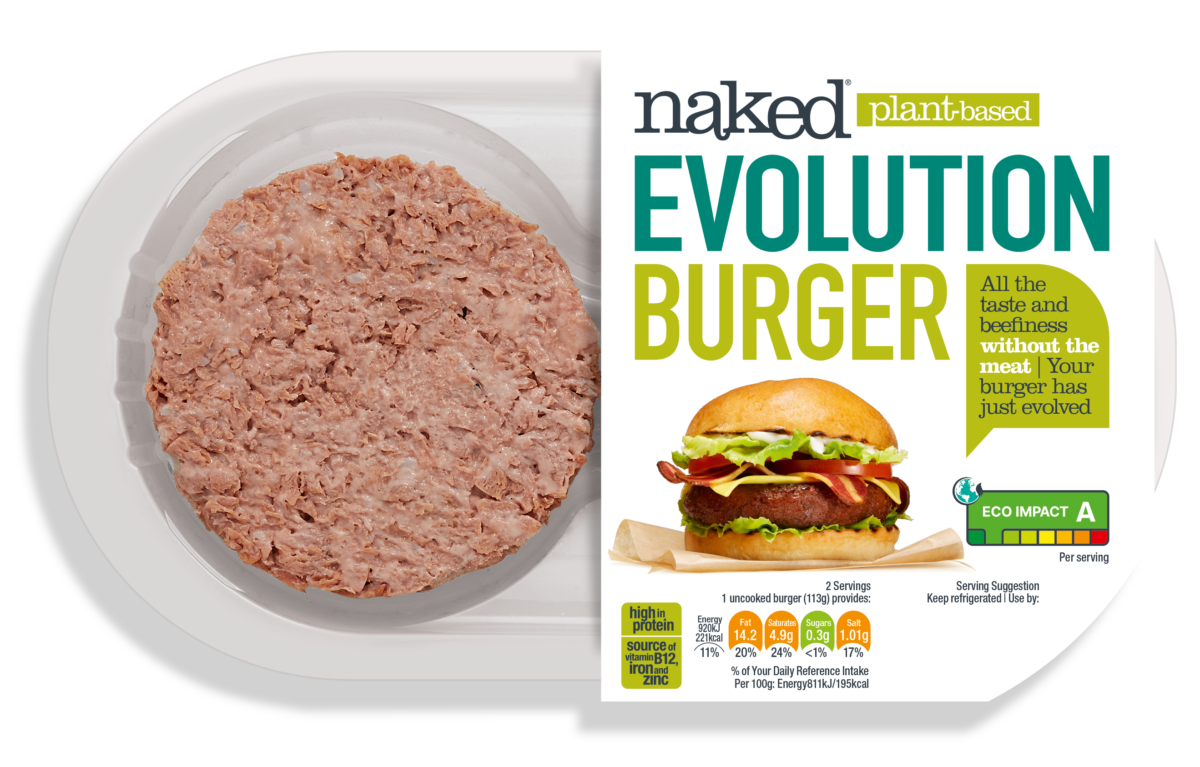Plant-based meat consumption improves gut health, study finds

An independent study by researchers from London South Bank University, Middlesex University, the Russian Academy of Sciences and the Skolkovo Innovation Center, has found a link between the consumption of plant-based meat alternatives and gut health.
With the increase in demand of plant-based food, more people following a vegetarian, vegan or flexitarian diet and more scientific evidence linking meat consumption to type-2-diabetes, obesity, some forms of cancer and cardiovascular disease, researches were seeking to determine whether plant-based meats had an adverse reaction on the volunteers’ health because they are considered ‘ultra-processed’, or the opposite, whether this had no negative impact.
‘Demand for plant-based products is growing globally, led by increasing public knowledge of the extent to which our food choices affect human health. Researchers continue to unveil the strong links that exist between excessive meat consumption and the pathogenesis of non-communicable diseases…’, says the study.
‘Conversely, there is mounting evidence that diets characterised by a higher consumption of plant-based foods promote health and reduce the risk of a number of chronic conditions, and that high fibre and polyphenol content of plant-based diets promotes the changes in gut microbiota composition that mediate these positive health outcomes’.
The study also states that processed vegan food is not inherently unhealthy.
‘We argue that the mere industrial processing of ingredients of plant origin does not make a PBMA [plant-based meat alternatives] product ultra-processed by default.
‘To test our hypothesis, we conducted a randomised controlled trial to assess the changes to the gut microbiota of a group of 20 participants who replaced several meat-containing meals per week with meals cooked with PBMA products and compared these changes to those experienced by a size-matched control.’
Scientists selected 39 volunteers to participate in the study. The volunteers had to have no underlying health conditions requiring prescription medication, be between the age of 18 and 55, have a BMI between 18.5 and 29.9, not have taken antibiotics in the six months prior to the study and no probiotic supplements for a month, be consumers of meat, fish, poultry, eggs and dairy, but not of plant-based meat substitutes.
Twenty volunteers, the ‘Intervention group’ were fed five weekly meals of plant-based mince, burger, sausages, plant-based sausages and meatballs. The main protein source in all the products, aside from the vegan mince, was pea protein. The plant-based food was donated by Meatless Farm. Whilst the company donated the products and paid for the microbe tests, it was not commercially involved in the study.
The second group of volunteers, ‘Control’, continued to eat their usual animal-based diet.
Scientists took stool samples from all volunteers before the four-week study began and again at the end of it.
After examining the samples, the study by scientists Miguel Toribio-Mateas, Adri Bester and Natalia Klimenko concluded that whilst small, there was a significant change in the gut bacteria of the ‘Intervention’ group, which showed an increase in butyrate-production pathways. Butyrate is a short-chain fatty acid that’s beneficial to gut health and has anti-inflammatory properties.
“…Trends in the same direction were detected for the acetyl-CoA and X4-aminobutyrate-succinate pathways, and in the joint abundance of butyrate producers. Amongst these microbes, we identified a noteworthy, marginally significant trend in the balances of the Lachnospira/Faecalibacterium and Ruminococcaceae/Oscillospira taxa in the intervention group only, whereas no such behaviour was seen in the control group.”
The study has concluded that the occasional replacement of animal-derived products with plant-based alternatives ‘may promote positive changes to the gut microbiome of consumers.’







